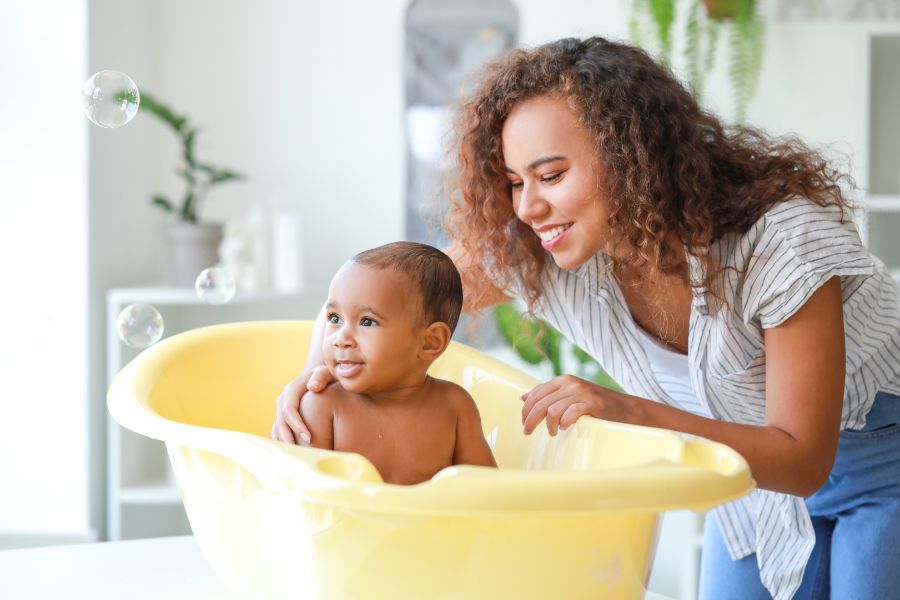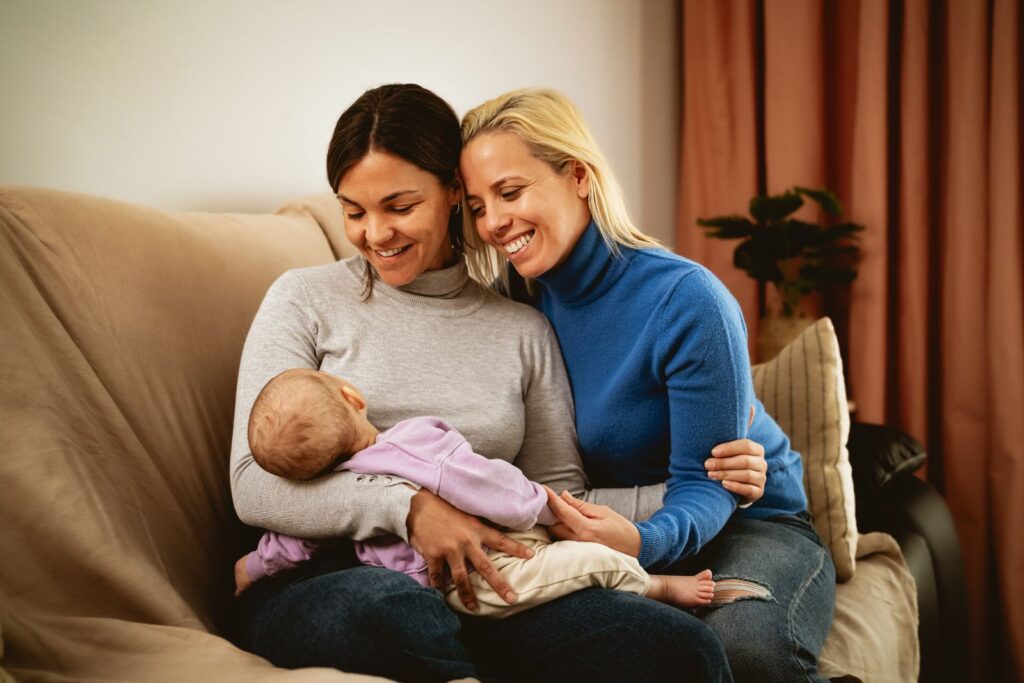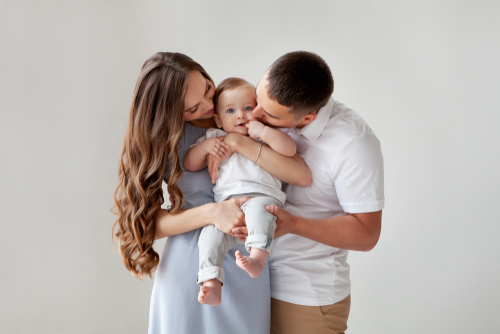Can I Get Pregnant With One Fallopian Tube?
While most women are born with two healthy and functioning fallopian tubes, it is possible to get pregnant with only one fallopian tube, assuming:
- You have at least one healthy, functioning ovary (fallopian tubes are mobile and healthy tubes sometimes migrate to pick up a mature egg from opposite ovary, (with a bit of luck).
- The remaining tube is healthy
- You menstruate regularly (every 21 to 35 days or so)
- Have experienced a pelvic infection and/or surgical procedure of some kind that damaged a tube
- Experienced an ectopic pregnancy
- Have scarring or tubal damage as the result of endometriosis
- Were born without the second, functioning tube















